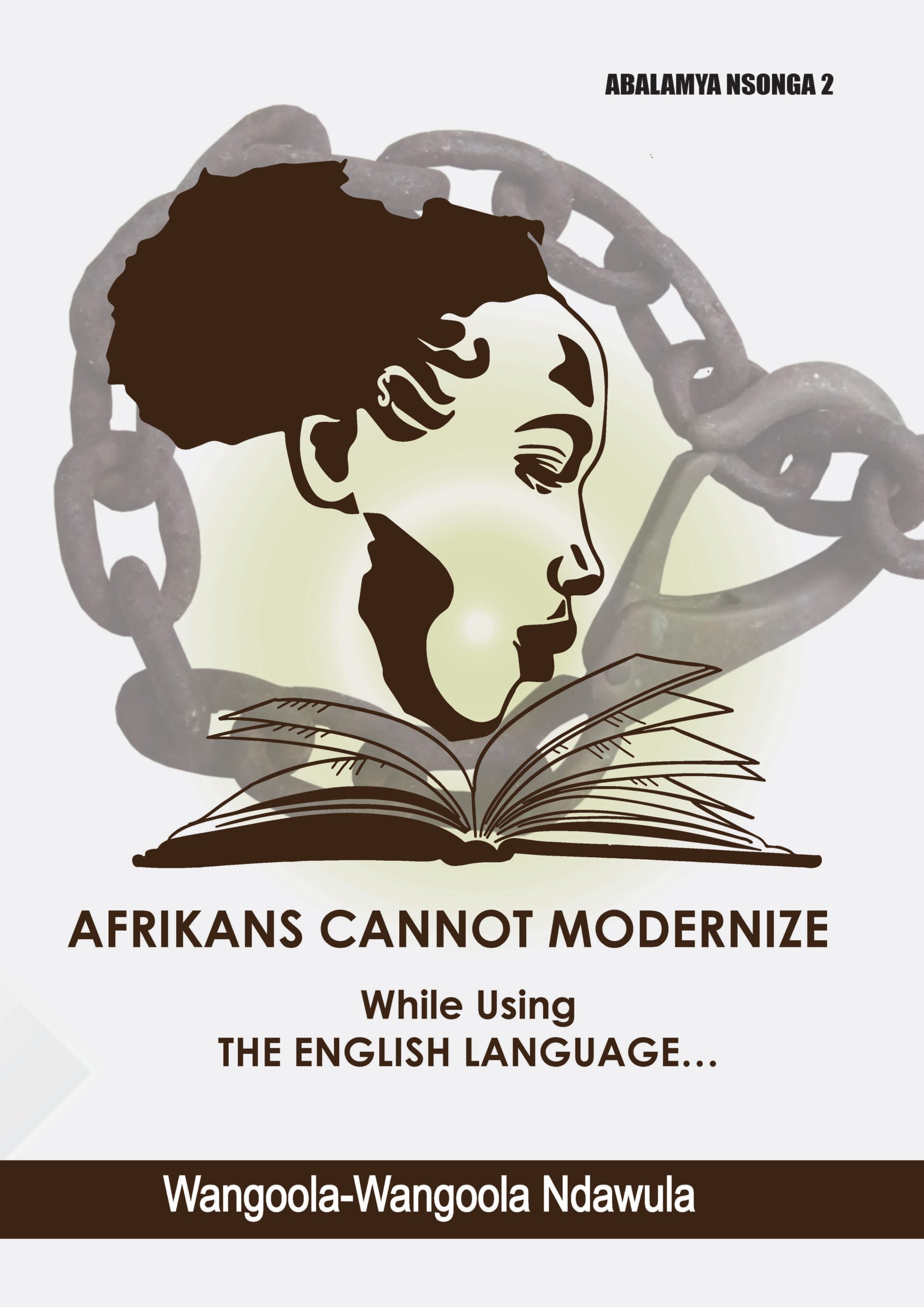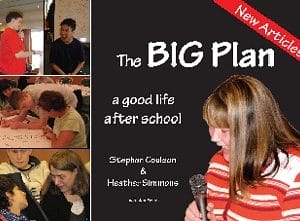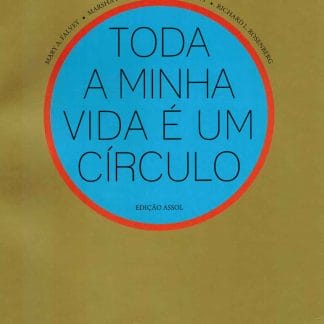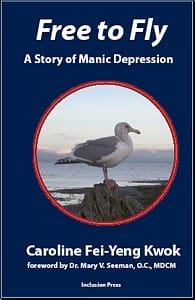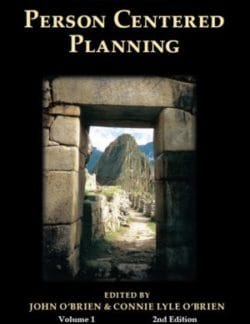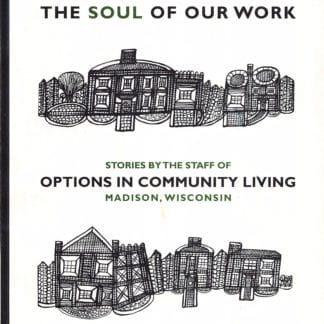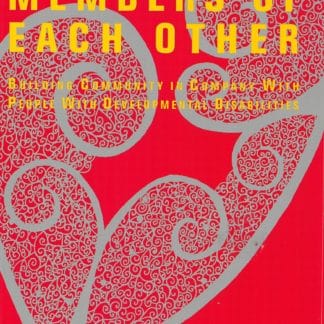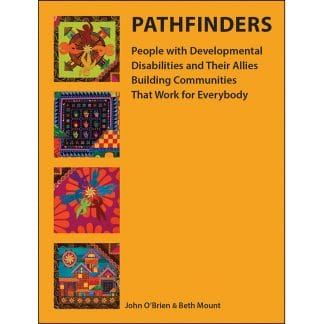Description
Wangoola-Wangoola Ndawula is the Nabyama and Founder of the Uganda-based Mpambo Afrikan Multiverslty, a community-based centre for mother-tongue higher learning and the advancement of indigenous knowledge, ways of knowing and scholarship.
In this essay he argues that mother tongue education, from kindergarten to University, can be the only basis for Afrikan countries and peoples to modernize and, in the global family of nations, once again, be a competitive and influential people. The question of language policy therefore, is a question of life and death struggle. We have to make up our mind; either to struggle to be the best slaves available on the market, or to struggle to be free; which itself raises a political-moral-practical question of monumental proportions.
He then poses and answers this strategic question; “What is better: to struggle to be free, and, in the process, if need be, die in action; or is it better to struggle to be the most competitive slave on the market, and, again, in the process, if need be, die in action, in the defence of enslavement and slavism?”
